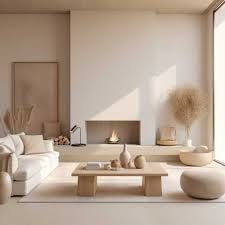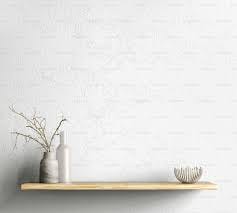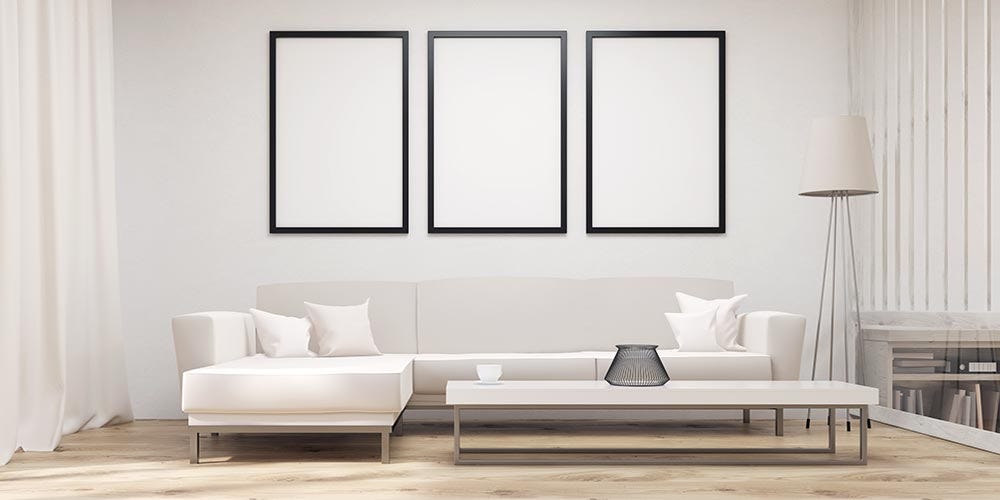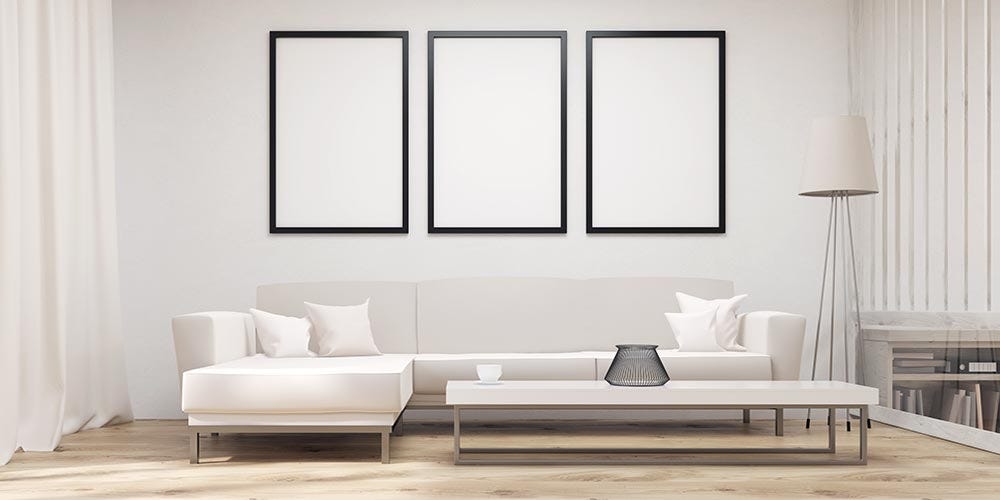In a world that often equates success with accumulation, the idea of living with less can feel counterintuitive. Yet, the minimalist movement is steadily gaining traction, and for good reason. At its core, minimalism isn’t about deprivation—it’s about liberation. By intentionally letting go of excess, we create space for what truly matters. Beyond decluttering physical spaces, minimising possessions has profound therapeutic benefits for our mental and emotional well-being.

Clutter Is Stressful—Literally
Ever felt that low-level anxiety when you walk into a messy room? It’s not in your head. Studies show that cluttered environments lead to higher levels of cortisol, the stress hormone. It’s no wonder we feel overwhelmed when every surface is covered in “stuff.”
When our homes are chaotic, our minds struggle to rest. A cluttered space sends a constant signal to our brain that there’s unfinished business, things to sort, and messes to tackle. On the flip side, when we create a clean, organized environment, we invite calm and clarity into our lives.
More Stuff, More Problems
It’s not just the physical mess—our possessions can weigh us down emotionally, too. Many of us hold onto things out of guilt or nostalgia. That gift you never liked but feel bad getting rid of. The expensive gadget you bought but rarely use.
The truth is, these items are taking up space in our homes and our minds. Letting go can feel hard, but it’s also freeing. You realise you’re not defined by what you own, and you can let go of things that don’t serve you anymore.

The Emotional Release of Letting Go
Decluttering isn’t just about tossing out junk—it’s a deeply emotional process. You’re not just clearing shelves; you’re revisiting old memories, old versions of yourself, and sometimes old dreams. That’s why it can feel so hard—and why it’s so therapeutic.
When you confront your possessions, you’re forced to ask some tough but valuable questions:
- Why am I holding onto this?
- Does this add value to my life right now?
- Am I keeping this out of guilt or genuine love?
Every time you let go of an item, you let go of a little mental weight, too. And with every empty shelf or decluttered drawer, you create space for what truly matters in your life.
Minimalism Brings Mindfulness
Here’s where minimalism gets even more powerful: it forces you to be intentional. When you reduce what you own, you start thinking about what really matters. You stop buying things just because they’re trendy or on sale and focus on what genuinely brings joy or utility.
Minimalism and mindfulness go hand in hand. Every item in your home becomes a conscious choice. And that intentionality seeps into other areas of your life—your relationships, your schedule, and even how you spend your money.
Living With Less Means Living More
Here’s what people don’t tell you about simplifying your possessions: the benefits ripple out in unexpected ways. You save money because you’re no longer buying things you don’t need. You free up time because you’re not constantly cleaning or organizing. You even help the planet by consuming less and reducing waste.
But the biggest reward? You create room—physically, mentally, and emotionally—for the things that really matter. Instead of chasing the next shiny thing, you focus on experiences, relationships, and personal growth.

How to Get Started
The idea of decluttering your life might feel overwhelming. That’s normal. The key is to start small. Here’s how:
- Pick One Area: Don’t try to tackle your whole house at once. Start with a single drawer or a small corner of a room.
- Ask the Right Questions: For each item, ask yourself:
- Do I use this?
- Does it bring me joy?
- Would I miss it if it were gone?
- Set Limits: Decide how much is enough. For example, if you have 30 mugs but only use 5, consider keeping just your favorites.
- Donate or Sell: Knowing your items will find a new home can make it easier to let go. Plus, donating helps others in need.
- Celebrate Progress: Every bag of donations or cleared shelf is a win. Take a moment to appreciate how it feels to have less.
What You’ll Gain
Minimalism isn’t about deprivation. It’s about freedom. By letting go of what’s unnecessary, you’re making space for what’s essential—peace, clarity, and joy.
So, if you’ve been feeling overwhelmed by the weight of your possessions, take the first step today. Start small, stay intentional, and watch how simplifying your stuff transforms your mind, your mood, and your life.

